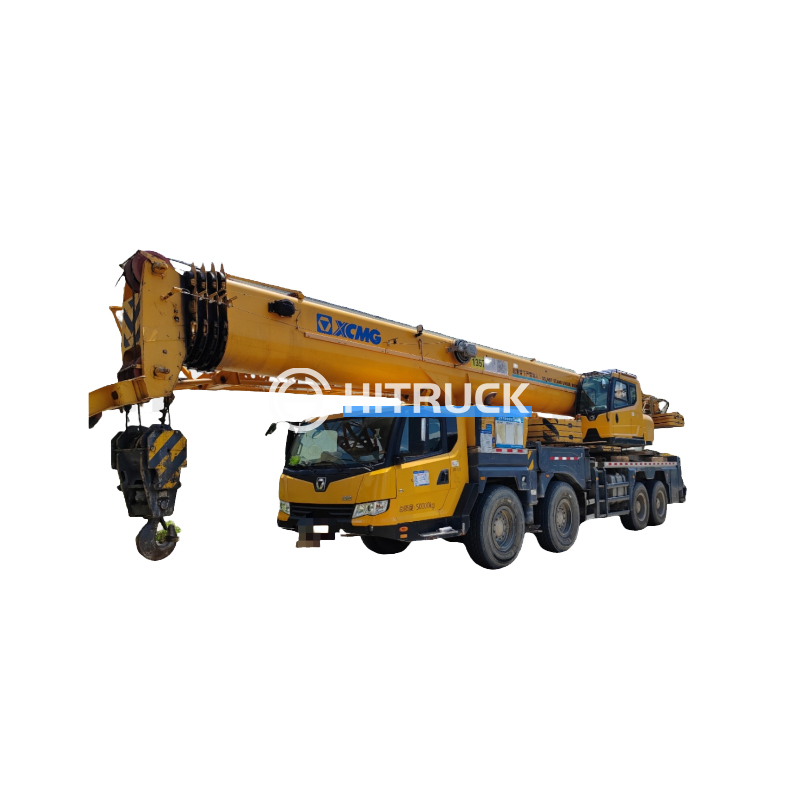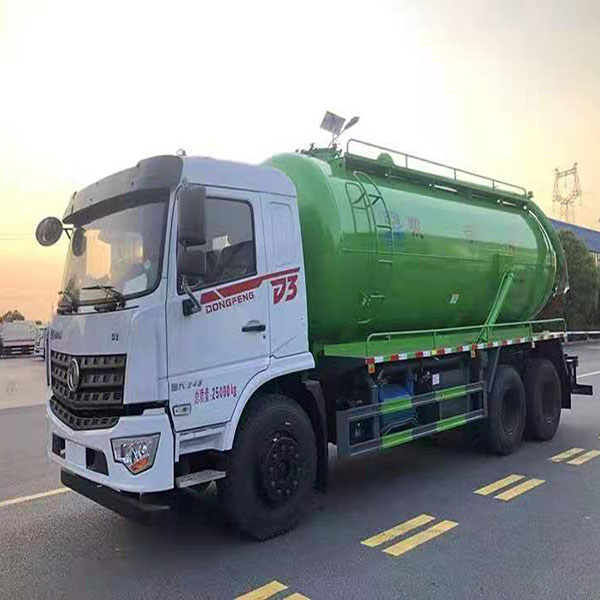Why Do Some Fire Trucks Have Two Drivers?This article explores the reasons behind the occasional sight of a fire truck with two drivers. We'll examine the operational contexts, safety considerations, and logistical factors that might necessitate a second driver in certain situations. Understanding these nuances sheds light on the diverse challenges faced by emergency response teams.
While the typical image of a fire truck involves a single driver, there are specific scenarios where having two drivers behind the wheel is not only beneficial but sometimes essential. This isn't a standard practice, but rather a situational need dictated by operational demands and safety protocols.
In rural areas or remote locations with extended response times, a second driver can significantly reduce travel time. One driver can focus on navigating challenging terrains or unfamiliar roads while the other concentrates on equipment readiness or communication with dispatch. This setup is especially crucial in situations where a fire truck with two drivers might be the quickest way to get crucial equipment to a critical scene.
Certain specialized fire truck operations, like those involving large aerial ladders or hazardous material response, may require intricate maneuvering. Having two drivers allows for better coordination and control, increasing safety and precision in challenging environments. One driver might focus on the overall trajectory and positioning of the vehicle, while the other manages more minute steering adjustments. For example, a large-scale rescue operation might necessitate a fire truck with two drivers to ensure safe and efficient movement within the operation zone.
Long deployments or multi-day emergency responses can lead to driver fatigue. Having a second driver allows for regular shifts, preventing exhaustion and improving response times and overall safety. A rested driver is a safer driver, especially when operating heavy equipment like a fire truck.
In intense or high-stress situations, a quick driver swap can be crucial. A driver experiencing severe stress or a medical emergency can be immediately replaced, ensuring the continuous safe operation of the fire truck with two drivers. This seamless transition can be a matter of life or death.
It's important to note that operating a fire truck, especially in complex situations, requires specialized training. Having two drivers necessitates a higher level of staffing and training investment by fire departments. This additional investment highlights the commitment to safety and efficiency.
The presence of two drivers on a fire truck is not the norm; it's a strategic decision made based on a specific set of circumstances. Operational demands, safety considerations, and logistical factors all play critical roles in determining the need for a second driver. The ultimate goal is always to ensure the most effective and safe response possible in every emergency situation. For more information on emergency vehicles and equipment, consider browsing our selection at Suizhou Haicang Automobile sales Co., LTD.












